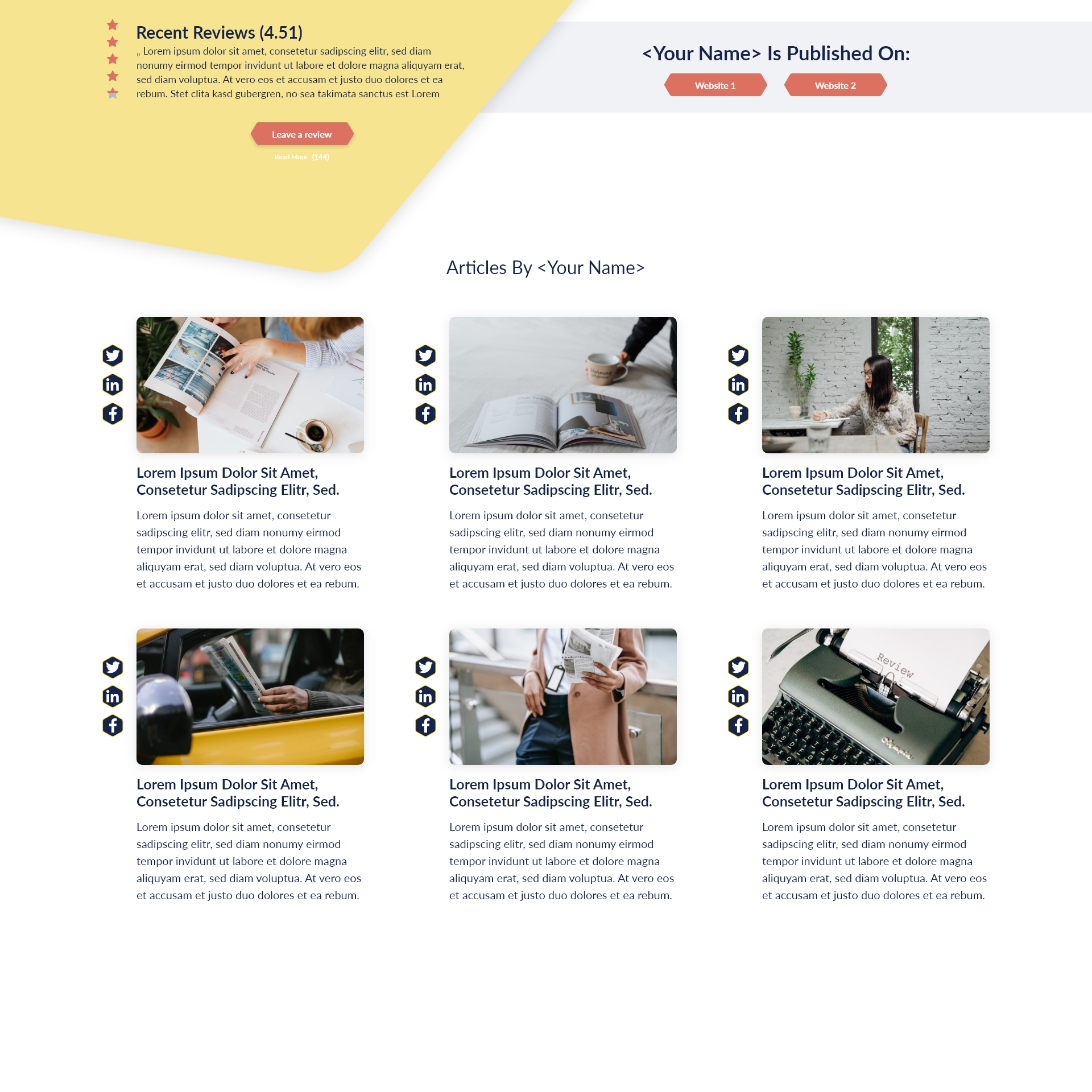Key Takeaways:
- Effective communication skills are crucial for influencing and motivating your team to achieve common goals.
- Understanding and embracing diversity leads to a more engaged and productive workforce.
In today’s dynamic business landscape, successful leadership hinges on the ability to motivate and engage teams effectively. Leaders must possess an arsenal of strategies to foster a collaborative environment, set achievable goals, and nurture communication skills. This article explores practical ways to motivate your teams while enhancing overall productivity.
The Importance of Motivation in Leadership
Motivation is the driving force behind any successful team or organization. Understanding how to inspire your team can lead to higher levels of engagement, productivity, and satisfaction. Research consistently shows that motivated employees are more likely to remain with their companies, contribute positively to team dynamics, and drive innovation.
How Can Leaders Effectively Motivate Teams?
Understanding different strategies for motivating teams is essential. Here are several effective approaches that leaders can integrate into their leadership practices:
-
Set Clear Objectives
Achieving success starts with setting clear and achievable goals. Ensure that every team member understands what is expected of them and how their individual contributions fit into the larger organizational objectives. Utilizing SMART (Specific, Measurable, Achievable, Relevant, Time-bound) goals can be beneficial. Setting goals collaboratively can foster ownership and accountability. -
Foster a Positive Work Environment
A supportive workplace culture significantly contributes to motivation. Encouraging open communication allows team members to express ideas and concerns freely. Providing positive feedback can enhance morale and motivate your team. A culture of recognition, where team members celebrate each other’s achievements, can build camaraderie. -
Encourage Professional Development
Investing in your team’s professional growth can fuel motivation. Encourage team members to pursue training opportunities, attend workshops, or take on new challenges within the organization. Providing constructive feedback helps employees see their strengths while identifying areas for growth. -
Implement Flexible Work Arrangements
Modern employees often seek work-life balance. Offering flexible work hours or remote work options can contribute to higher job satisfaction. Listen to your team’s needs, and work collaboratively to develop policies that cater to individual preferences while still achieving collective objectives. -
Involve Employees in Decision-Making
Engaging employees in decision-making processes fosters a sense of ownership. When team members feel valued and have a say in crucial matters, their commitment to the organization strengthens. Conduct regular brainstorming sessions to explore new ideas, and encourage team members to contribute to strategic solutions. -
Develop Effective Communication Skills
Strong communication skills are essential for any leader. Ensure that communication within your team is honest, open, and respectful. Active listening—where leaders pay attention to employee viewpoints and feedback—can drive engagement. Creating an environment where everyone feels comfortable voicing opinions can significantly impact motivation levels.
Specific Tools for Communication Enhancement
To further enhance your team’s communication skills:
- Encourage Team Meetings: Regular meetings provide a platform for discussion and idea-sharing.
- Utilize Feedback Tools: Use surveys or suggestion boxes to gauge team morale and gather input for improvements.
- Promote Conflict Resolution Techniques: Equip your team with skills to resolve conflicts amicably and constructively.
Why Goal Setting is Essential
Setting and tracking progress toward goals keeps teams motivated. Without clear objectives, employees may feel adrift, leading to disengagement. Regularly revisit goals—this practice ensures that they remain relevant and motivational. Achievements should be celebrated, incrementally motivating team members to strive for the next target.
The Role of Delegation in Motivation
Effective delegation fosters empowerment. Allowing team members to take ownership of tasks not only helps in their professional development but also builds trust between leaders and employees. When delegating:
- Ensure clarity in roles and responsibilities to avoid confusion.
- Offer support in terms of resources and guidance throughout the process.
- Recognize and reward success after task completion.
Promoting Diversity and Inclusion
Diversity in teams leads to a myriad of ideas and perspectives. Acknowledge and respect differences, and create an inclusive culture that empowers all employees. Implement training sessions focused on diversity and inclusion to promote understanding and cohesion within the team. An inclusive environment fosters motivation, as all members feel valued and understood.
Putting It All Together
In summary, effective motivation involves setting clear objectives, fostering a positive work environment, encouraging professional development, and enhancing communication. Embrace diverse perspectives to enrich team dynamics and make a concerted effort toward inclusivity. By mastering these strategies, leaders can inspire and motivate their teams to achieve remarkable results in today’s fast-paced business landscape.
Motivation is not a one-time event but a continual process of engagement, support, and recognition. Investing time and energy into effectively motivating your team will yield significant returns, benefiting both the organization and its members.








